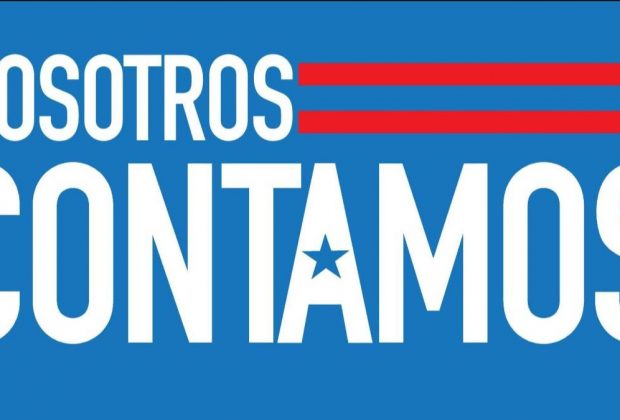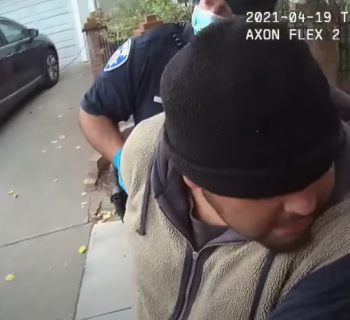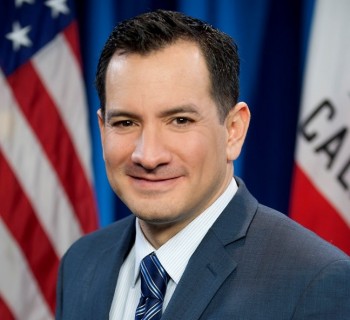By: United States Hispanic Leadership Institute
It’s imperative that we Latinos answer the following (confusing) question about Hispanic Origin correctly.
But first, please understand why this question is so important: The collection of Hispanic origin and race data is important for the well-being of Latinos in the United States. The information on the Hispanic origin of each person is aggregated in statistics that are used to show how many Latinos are in the country and where they live. These numbers are the basis for the allocation of political power; for example, statistics on Latinos are used in drawing districts for Congress, state legislatures and other levels of government so that Latinos can vote and elect candidates of their choice. The number of Latinos counted also helps in promoting policies and programs for communities of color.
Question 8: The Hispanic Origin Question
The Census Bureau asks every person if he or she is Hispanic or Latino. If the person is not Latino, the NO box should be marked and then proceed to the race question.
If the person is Latino, there are four check boxes to choose from and mark:
o Mexican/Mexican-American/
o Puerto Rican;
o Cuban; or
o OTHER Hispanic.
What if my origin is not listed? If the person is OTHER Hispanic, meaning neither Mexican nor Puerto Rican or Cuban, then mark OTHER Hispanic andwrite-in the origin for that person (Example: Salvadoran, Guatemalan, Dominican, Argentinian, etc.). If the OTHER box is checked and nothing is written, the person will just be included in the statistics as “OTHER Hispanic.”
Can I mark more than one Hispanic Origin? Yes. It is possible to mark more than one Hispanic origin box and write in more than one Hispanic background. However, keep in mind that the Bureau will only pick one Hispanic background per person when reporting the statistics.







